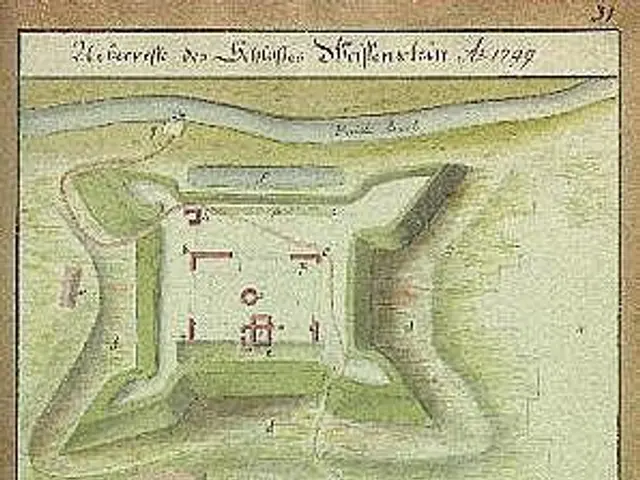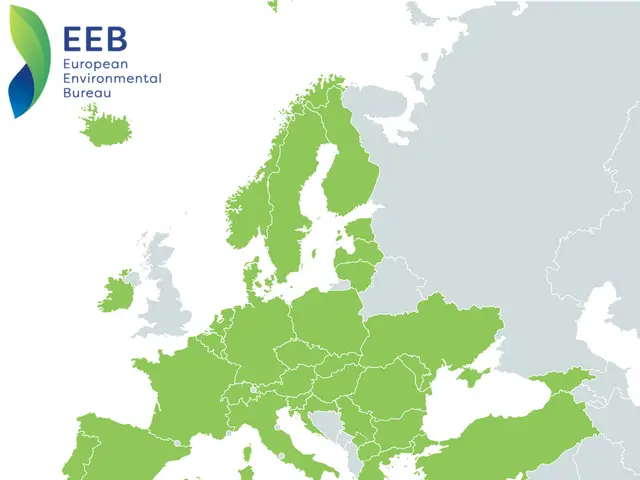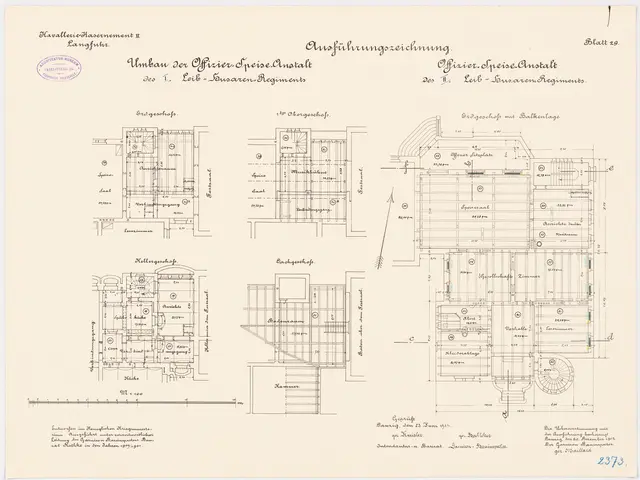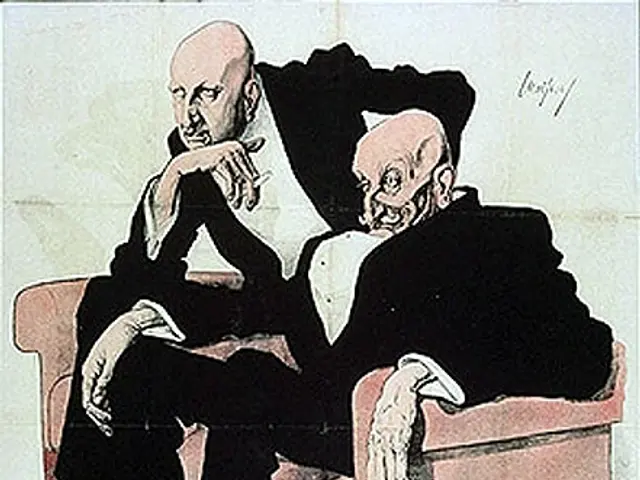In response to Trump's tariff declaration, the European Union contemplates imposing duties - In response to Trump's customs proclamation, the European Union takes actions
In a significant development, the European Union (EU) has announced its plans to respond firmly to U.S. President Donald Trump's proposed 30% tariff on EU imports, which could have a substantial impact on countries like Germany. The EU is ready to take all necessary measures to protect its economic interests, including proportionate countermeasures if the US moves ahead with the tariff[1][2][3].
The EU will continue striving for an agreement by August 1 to avoid these tariffs but is also fully ready to defend its interests if negotiations fail[1][2][3]. One potential response could be the activation of the Anti-Coercion Instrument (ACI), which allows retaliation against countries that attempt to coerce the bloc. This could involve restricting access to public procurement contracts or targeting certain trade and investment areas[2].
Germany, as an export nation, is particularly affected by these tariffs. Economy Minister Katherina Reiche emphasized the severe impact these tariffs would have on European exporting companies, particularly in the automotive sector, which faces rising costs and billions in financial burdens already[1][2]. The automotive industry association VDA, representing German car manufacturers, has called for an urgent resolution to prevent damaging repercussions for both sides of the Atlantic[1].
The President of the automotive industry association VDA, Hildegard Müller, stated that the costs for German companies are already in the billions and continue to grow[1]. Trump's trade policy aims to correct alleged trade imbalances and increase production within the United States.
The EU stands united and is ready to protect its interests. European Commission President Ursula von der Leyen has stated that tariffs of 30% would disrupt significant transatlantic supply chains[1]. The U.S. tariff rate of 30 percent applies to all goods that the EU wants to import into the United States, with certain sectors exempt and subject to other surcharges[4].
Notably, António Costa, EU Council President, has criticized the tariffs on social media, stating that they increase inflation, create uncertainty, and hinder economic growth[5]. German Federal Minister of Economics, Katherina Reiche, has called for pragmatic negotiations with the U.S. to focus on key conflict points[6].
In a recent letter, Trump left room for maneuver, implying that the tariffs could be adjusted upwards or downwards depending on the development of the relationship[7]. European ministers responsible for trade will meet in Brussels on Monday to discuss a response to this announcement[8]. The deadline for new tariffs was initially set for July 9, but was extended to August 1[9].
As the situation unfolds, both parties are expected to engage in serious negotiations to find a resolution that benefits both the EU and the U.S. This measured but firm stance underscores the EU's resolve to defend its trade interests amid escalating tensions[1][2][3].
- The European Union (EU) is preparing to employ the Anti-Coercion Instrument (ACI) as a potential response to the U.S.'s proposed tariff, which allows for retaliation against countries attempting to coerce the bloc, possibly targeting public procurement contracts or specific trade and investment areas.
- The automotive industry, particularly in Germany, faces severe financial burdens and rising costs due to the proposed tariffs, with the automotive industry association VDA urging for an urgent resolution to prevent damaging effects on both sides of the Atlantic.
- European ministers responsible for trade will convene in Brussels to discuss a response to the announced tariffs, with the deadline for new tariffs having been extended from July 9 to August 1, providing both parties with more time for negotiations.
- The EU, led by European Commission President Ursula von der Leyen, stands resolute in protecting its interests, stating that the proposed tariffs of 30% would disrupt significant transatlantic supply chains, and emphasizing the need for pragmatic negotiations to address key conflict points.








